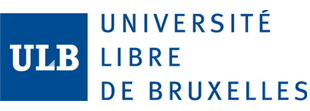Inflation perception and framing
editMéon, P-G & Bernd Hayo (Philipps-Universität Marburg), 2021-2022
Using a representative survey of about 2000 German residents, we study how the way in which respondents are asked to state their perceived inflation rate and their expected inflation rate affects their answers. One randomly chosen half of respondents were asked to report a concrete number. The other half was provided with a list of ranges to choose from. As the two groups were randomly selected, we can identify the causal effect of framing. We find that letting respondents report a number without guidance decreased the response rate with respect to asking them to choose from with a list of ranges. The result holds both for perceived inflation and expected inflation. Moreover, we find that letting respondents choose a number without guidance prompted them to report a lower past inflation but a higher expected inflation.


